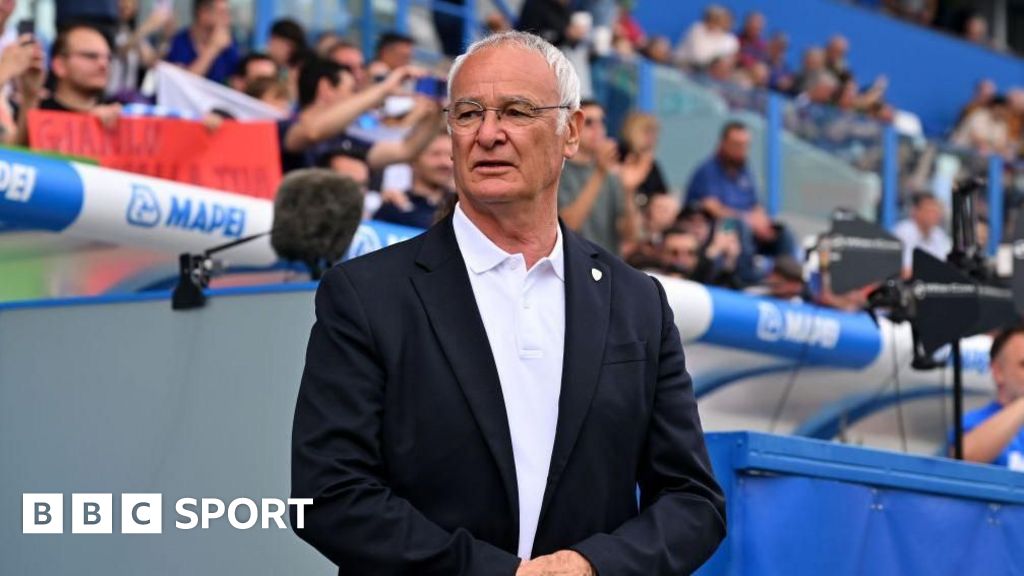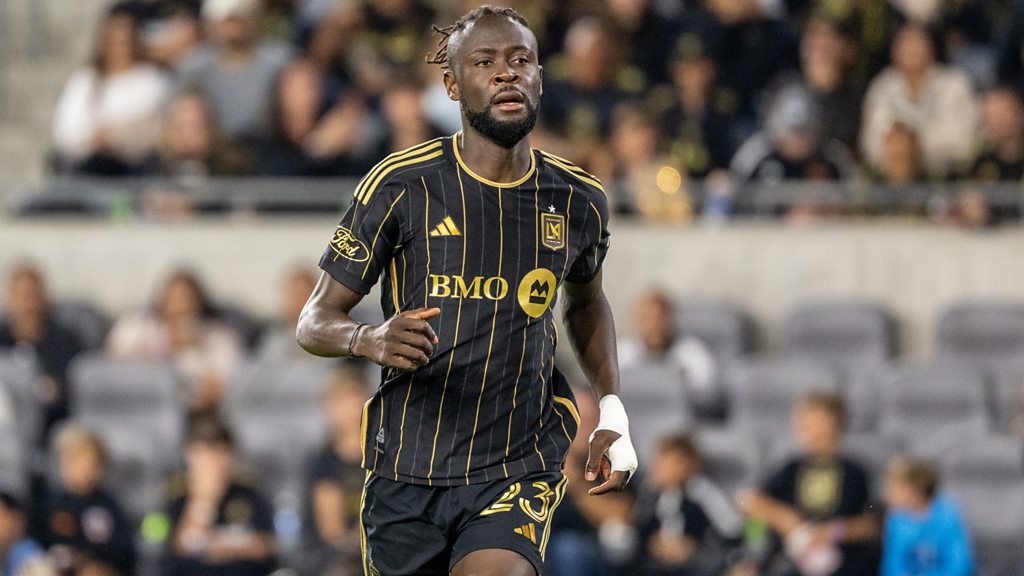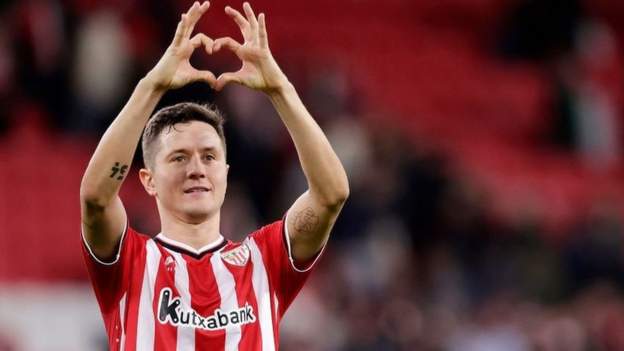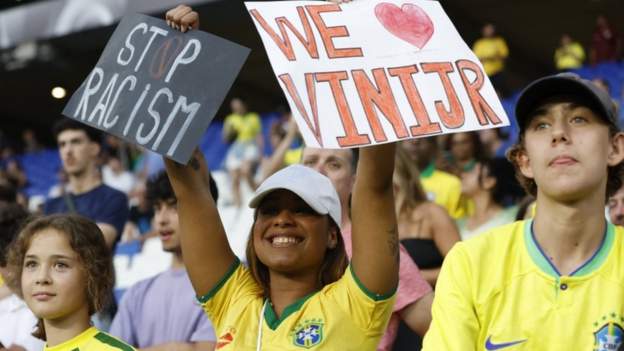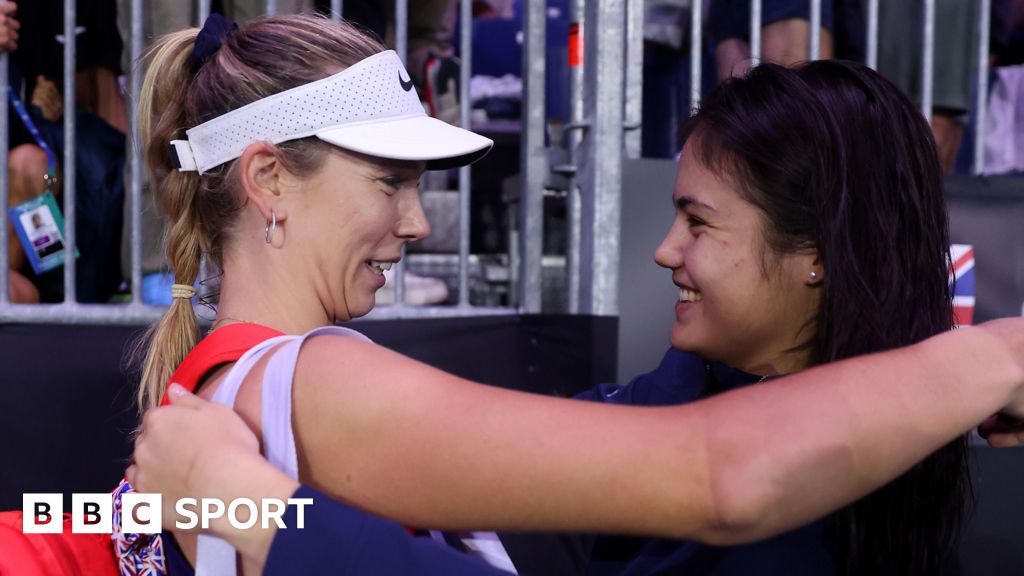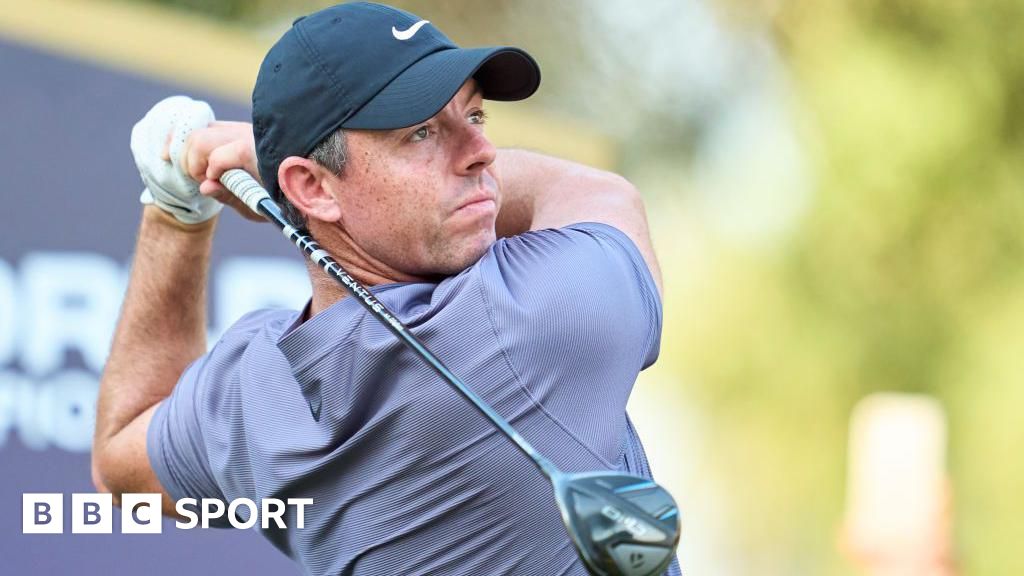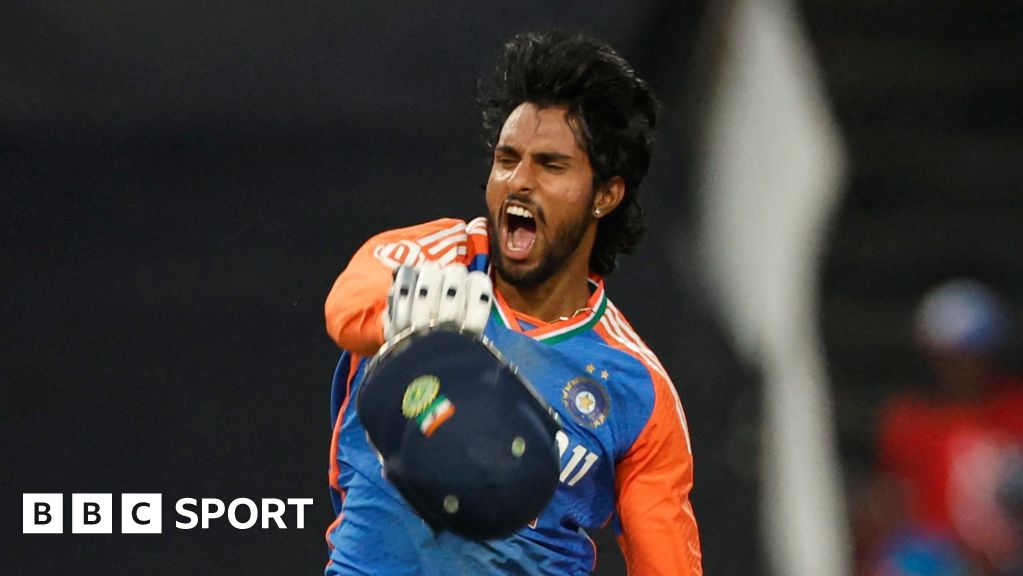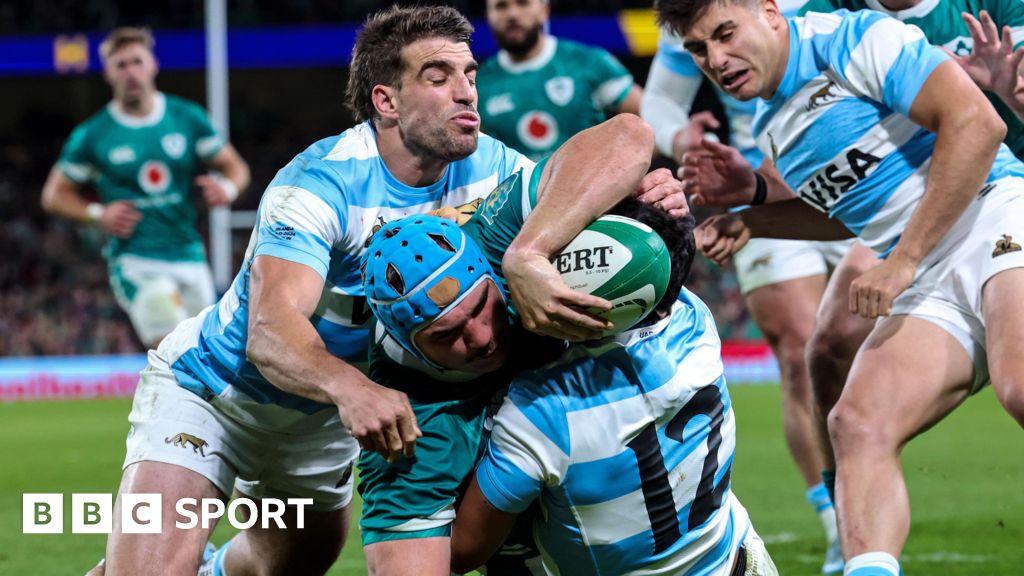Ander Herrera has won trophies with some of the biggest clubs in the world but there is a space reserved in the midfielder’s cabinet for an accolade that would resonate much closer to home.
After FA Cup and Europa League triumphs with Manchester United, and multiple league and cup wins with Paris St-Germain, Herrera has the chance to help Athletic Bilbao end a 40-year wait for a major trophy in the Copa del Rey final on Saturday.
For the city where he was born and for his father, a lifelong fan who also represented the club but never reached the first team, beating Mallorca in Seville would spark wild celebrations.
“He played more than 200 games in the first division but he couldn’t make it here,” Herrera tells BBC Sport. “That would have been his dream because this is his club, it is the club he was a fan of when he was a kid.”
Pedro, also a midfielder, came through the youth ranks but, with Athletic a force in Spanish football at the time, he instead got his break at Erandio and then Salamanca, Real Zaragoza and Celta Vigo.
By the time Ander became interested in football his father was working as general manager at Zaragoza.
That was where the younger Herrera fell in footballing love – going to the stadium, kicking about with players after training – and made his professional debut, before joining Athletic for the first time in 2011.
“I am still a Real Zaragoza fan but I admire this club the way Athletic compete, the way they respect the institution,” adds Herrera.
“Something that I really like from this club, and I would like my club to have more, is identity. Everyone feels part of it. Even the fans when they go to the stadium, they feel part of this club.
“He would have loved to play for the first team. I could make it, so he is so proud of me as well and he is so happy if we can do something important this season.”
The 34-year-old watches Zaragoza when he can as well as United, a club he will “love forever”, and PSG, who allowed him to “play with some of the best players in the history of football”.
But when it comes to a club’s role in society, he says Athletic – with their Basque-only policy – are “most important”.
“You see people who have been season ticket holders all their lives and they don’t watch other games, they only watch Athletic, that is so different,” he says.
“Something I really like from our region and our people is that we love what we do and we love what we have, even though we know probably it is not the best in the world, but we love it more than anything else.”
Herrera played under Ernesto Valverde in the final season of his first spell at San Mames, qualifying for the Champions League.
Both have since gone elsewhere – Herrera to United and PSG, Valverde to Barcelona – but back together again they have another chance to reach Europe’s elite competition, and sit fifth in La Liga.
“We are doing great, for me Ernesto is one of the best coaches in the world because he adapts and is so smart with the qualities that he has from his team,” says Herrera.
“First period here we didn’t have as much speed as we have now, so we had a more controlled team, we used to control the games more and have more possession, positional football.
“Now with the players we have got he finds more of the space, he finds more what I say rock’n’roll football, an attacking team trying to get the opponent exhausted and don’t give them time to recover, to breathe.”
So would Herrera be keen to follow him into the dugout?
“We think about it when you get older in football,” he says. “I am still 34 and still have energy to keep playing and I love football, but of course you start thinking about your next chapter.
“I will continue in football for sure, because it is my life, it is my passion, I love football, I love what I do. But you never know where.
“If you see the coaches, the managers, it is so hard, sometimes it is so unfair, their job. You can be fantastic every week, working, they prepare everything, they spend the whole week preparing the game and after you hit the post and you don’t score they are out.
“That’s why I am not convinced to be a coach one day, because I think it’s a very unfair job. As we say in Spanish, I don’t close those doors, but you never know.”

